Source
- Best Practices Compilation (15)
- IHIP (8)
- Center for Engaging Black MSM across the Care Continuum (4)
- SPNS Improving Care and Treatment Coordination Black Women with HIV (4)
- Technical Assistance Provider Innovation Network (TAP-in) (2)
- Center for Innovation and Engagement (2)
- SPNS Black MSM Initiative (2)
- HRSA HIV/AIDS Bureau (HAB) (2)
- National Minority AETC (2)
- University of Washington (1)
- In It Together (1)
- Evidence-Informed Interventions (E2i) (1)
- SPNS Transgender Women of Color Initiative (1)
- NASTAD (1)
Display as
70 items found




Best Practices • 06/07/2024


Best Practices • 01/22/2024

Best Practices • 01/03/2024

Best Practices • 12/19/2023

Best Practices • 09/21/2023

Best Practices • 05/15/2023

Best Practices • 05/03/2023

Best Practices • 04/25/2023

Best Practices • 03/28/2023


Documents • 03/14/2023

Best Practices • 02/16/2023

Documents • 02/03/2023

Best Practices • 01/23/2023
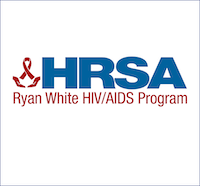
Webinars • 07/19/2024

Webinars • 07/19/2024
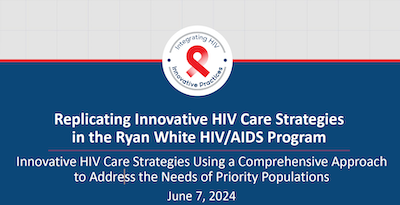
Webinars • 06/07/2024

Webinars • 02/22/2024

Webinars • 03/26/2023
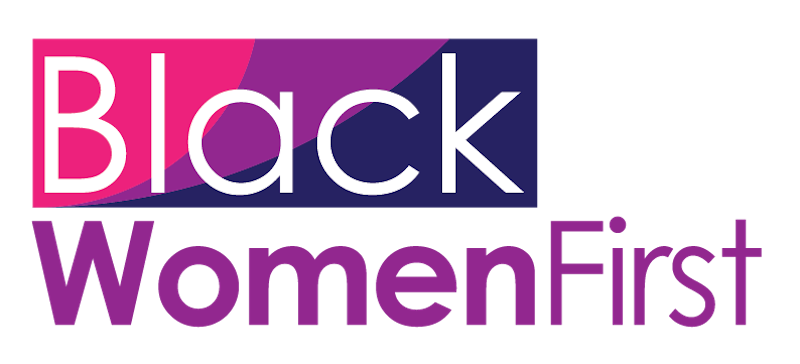
Documents • 03/14/2023

Webinars • 07/19/2024
This HRSA HIV/AIDS Bureau pre-application webinar is for the funding opportunity, A System-Level Syndemic Approach to Improve HIV Care and Treatment for People from Racial and Ethnic Minority Groups – EVALUATION AND TA PROVIDER (HRSA-24-108).

Webinars • 07/19/2024
This HRSA HIV/AIDS Bureau pre-application webinar is for the funding opportunity, A System-Level Syndemic Approach to Improve HIV Care and Treatment for People from Racial and Ethnic Minority Groups – Demonstration Systems (HRSA-24-107).

Webinars • 06/07/2024
Two interventions that use a comprehensive approach to address specific challenges faced by people of color with HIV: Black cisgender and transgender women with HIV and people with HIV prevent hepatitis C virus (HCV) infection or reinfection.
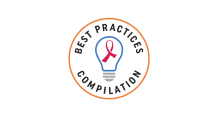
Best Practices • 06/07/2024
Rise was implemented to address ART adherence issues among Black people with HIV. Through Rise, peer counselors used motivational interviewing techniques, leveraged Medication Event Monitoring System data to monitor and promote adherence, and connected participants to support services to address unmet needs. A randomized controlled trial showed that Rise participants were more likely to be adherent to ART than non-participants.

Webinars • 02/22/2024
This webinar discusses evidence-based interventions for meth users, as well as community and other programs that are focused on the needs of black, gay, bisexual, same-gender-loving men with HIV who use meth and how to optimize HIV treatment outcomes while reducing harm and stigma.

Best Practices • 01/22/2024
+LOVE is an integrated case management intervention with behavioral health and crisis support to enhance and improve HIV care and outcomes for Black gay, bisexual, and other men who have sex with men. An evaluation of +LOVE showed improvements in retention in care.

Best Practices • 01/03/2024
The Alexis Project used social network recruiting and engagement, peer navigation, and contingency management to reach and engage transgender women of color with HIV who were not engaged in HIV care. Participation in the 18-month intervention improved linkage to care and viral suppression.

Best Practices • 12/19/2023
The Village Project is an intensive case management-based intervention that harnesses peer navigation and integrated behavioral health services to improve the health outcomes of young Black gay, bisexual, and men who have sex with men. The Village Project was associated with increased retention in care and viral suppression.
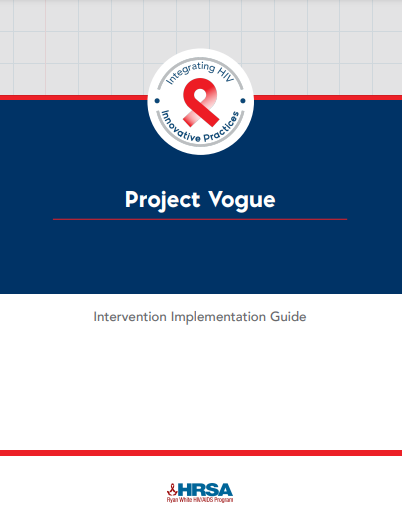
Best Practices • 09/21/2023
Components of an intervention focused on BMSM with HIV who have not yet been successfully maintained in care.

Best Practices • 05/15/2023
Project Vogue provided community-based care coordination, HIV care, and behavioral health services to Black men who have sex with men (MSM) within New York City’s House & Ball community to address the unique cultural barriers that Black MSM experience when trying to access care. Project Vogue participants were linked to behavioral health services as well as to non-clinical supportive services, such as food and housing assistance.

Best Practices • 05/03/2023
2BU is a case management intervention designed to engage and reengage Black men who have sex with men with HIV into HIV care services. Peer case managers work closely with clients to increase HIV health literacy, troubleshoot accessibility issues to HIV care, and connect clients directly to behavioral health and support services. Clients who participated in 2BU had increased retention in care and viral suppression 12 months after enrollment.

Best Practices • 04/25/2023
ERASE was developed to address the unique needs of Black MSM. Through an intensive case management intervention, peer case managers provide health education and wellness support, and connect clients to medical and behavioral healthcare. ERASE also offers a physical “safe space” for Black MSM to meet with a case manager, access medical services, or connect with peers. Enrollment in ERASE improved retention in HIV care for clients.

Best Practices • 03/28/2023
STYLE 2.0 is a multi-component intervention designed to help reduce stigma and social isolation for Black gay, bisexual, and other men who have sex with men. The intervention relies on health care navigators who facilitate linkage and engagement activities. They also connect clients to behavioral health providers who conduct motivational interviewing, as well as to a mobile application that supports all intervention activities. STYLE 2.0 participation has been associated with positive trends across HIV care continuum outcomes, including retention in care and increased viral suppression.

Webinars • 03/26/2023
Role of health centers in increasing PrEP access and use among women.

Documents • 03/14/2023
Use of participatory arts to generate dialogue and engage individuals in receiving health care and participating in community activities.

Best Practices • 02/16/2023
Project nGage is a support intervention approach that offers participants an initial 90-minute session with a social work interventionist and a participant support confidant to develop a tailored care and support plan. The social work interventionist then offers four follow-up sessions to each participant to discuss progress on the care and support plan. Project nGage was evaluated in a randomized controlled trial from 2012 to 2015: participants in the intervention were more likely to have at least three HIV primary care visits in the last 12 months than those who received usual care.
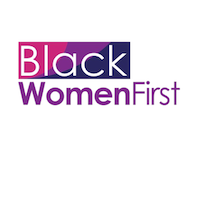
Documents • 02/03/2023
How to create a photovoice: participatory action research that engages people in the process of naming, capturing, and strengthening their community through photography.

Best Practices • 01/23/2023
The PC4H initiative employs a mobile app and a digital literacy workshop to improve engagement, retention in care, and medication adherence for young people with HIV. These strategies aim to reach young people who are disproportionately affected by HIV, including young men who have sex with men, young transgender women, and youth of color, with a focus on serving people who know their status but are inconsistently engaged in care. Developed by Children’s Hospital of Philadelphia and Philadelphia FIGHT, PC4H was evaluated through the RWHAP Part F SPNS Social Media Initiative. The evaluation found that PC4H had positive impacts on retention in care and viral suppression.